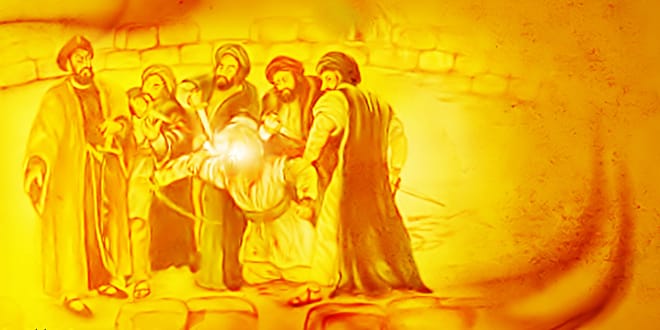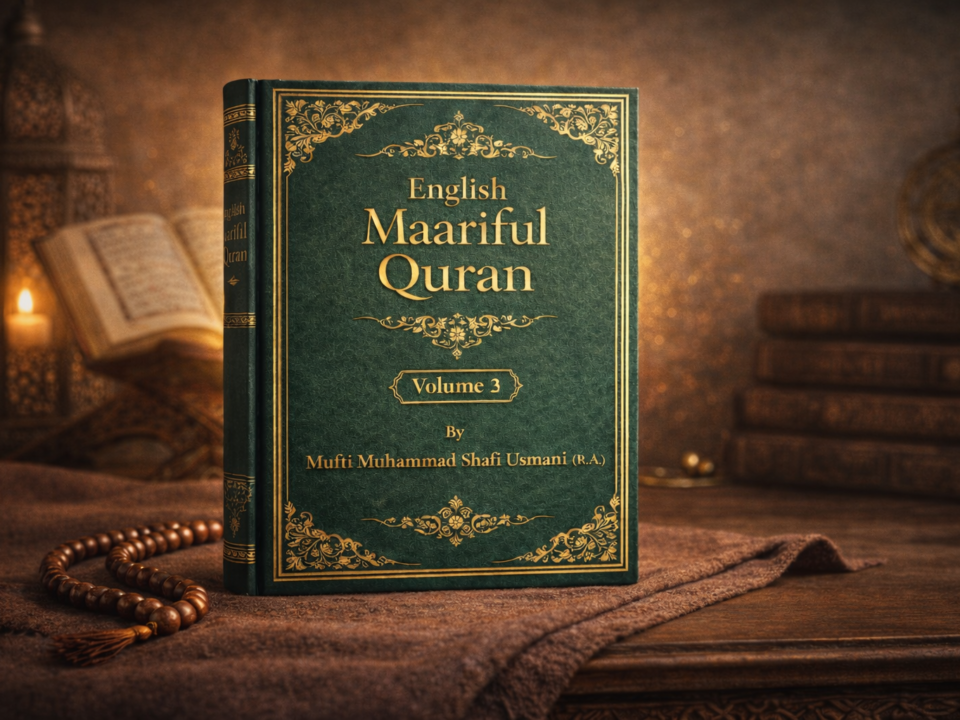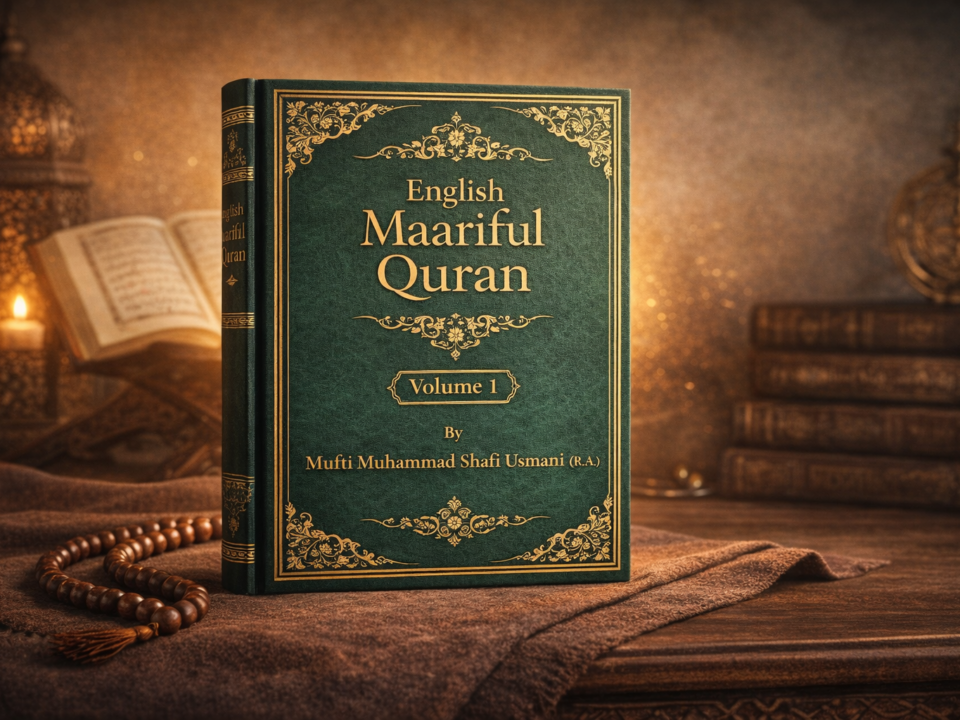Martyrdom of Muslim Ibn Aqil & Hani Ibn Urwah
The history of Islam is rich with narratives of faith, sacrifice, and unwavering loyalty. Among these stories, the martyrdom of Muslim Ibn Aqil and Hani Ibn Urwah in Kufah stands out as a poignant example of steadfastness in the face of tyranny. Their sacrifices for justice and righteousness continue to inspire generations. This article explores the events surrounding their martyrdom and the lessons they offer to humanity.
The Context: Opposition to the Umayyad Caliphate
To grasp the significance of their martyrdom, it is essential to understand the historical backdrop. After the tragic martyrdom of Hussain Ibn Ali (RA) at Karbala in 680 CE, the followers of the Ahl al-Bayt (the family of the Prophet Muhammad) sought to challenge the oppressive rule of the Umayyad Caliphate. The city of Kufah, located in modern-day Iraq, became a focal point for opposition against Yazid, the Umayyad caliph.
Muslim Ibn Aqil, a close relative and trusted envoy of Hussain Ibn Ali (RA), was sent to Kufah to gauge support for an uprising. Hani Ibn Urwah, a respected elder in Kufah, played a pivotal role in this resistance movement.
Muslim Ibn Aqil’s Arrival in Kufah
Muslim Ibn Aqil arrived in Kufah during a period of widespread dissatisfaction with Umayyad rule. The people of Kufah, yearning for justice and inspired by Islamic values, pledged allegiance to him as their leader. This marked the beginning of a significant movement against Yazid’s regime.
However, this initial wave of support was short-lived due to fear instilled by Umayyad authorities. Despite this, Muslim’s mission laid the foundation for resistance against tyranny.
The Betrayal: A Test of Loyalty
The Umayyad authorities quickly recognized the growing threat posed by Muslim Ibn Aqil’s presence in Kufah. They launched a campaign of fear and intimidation to suppress dissent. Many who had initially pledged allegiance to Muslim succumbed to these pressures and abandoned him.
Amidst this betrayal, Hani Ibn Urwah stood firm. His loyalty and commitment to justice became emblematic of courage during adversity. Hani provided refuge to Muslim Ibn Aqil in his home, knowing well the risks involved.
The Siege at Hani’s House
As news spread about Muslim’s presence at Hani’s residence, the Umayyad forces surrounded the house. Despite being vastly outnumbered and isolated, Muslim and Hani refused to surrender. Their defiance symbolized their unwavering dedication to their principles.
This siege marked one of the most critical moments in their journey toward martyrdom. It was not just a physical resistance but also a spiritual stance against oppression.
The Capture and Execution
Eventually, both Muslim Ibn Aqil and Hani Ibn Urwah were captured by Umayyad forces after enduring immense hardship. Their trials did not end with their capture; they were subjected to brutal treatment before being executed publicly.
Their martyrdom was not merely an end but a powerful statement against tyranny. They chose death over compromise, leaving behind a legacy that resonates with those who value justice and integrity.
Lessons from Their Sacrifice
1. Loyalty and Integrity
Muslim Ibn Aqil and Hani Ibn Urwah exemplified loyalty even when faced with betrayal by others. Their steadfastness teaches us the importance of staying true to our values despite external pressures.
2. Resistance Against Oppression
Their sacrifice underscores that standing against tyranny is a moral obligation, even when it appears insurmountable. Their story reminds us that true courage lies in resisting injustice.
3. Faith as a Source of Strength
Their unshakable faith in Allah provided them with the strength to endure hardship and remain committed to their cause. This serves as an inspiration for maintaining faith during challenging times.
4. The Power of Sacrifice
Their ultimate sacrifice highlights that true change often requires immense personal cost. Their deaths became a rallying cry for future movements seeking justice.
5. A Legacy That Inspires
The story of Muslim Ibn Aqil and Hani Ibn Urwah continues to inspire individuals across generations who strive for truth and righteousness.
Conclusion
The martyrdom of Muslim Ibn Aqil and Hani Ibn Urwah is more than just a historical event; it is a timeless narrative that embodies faith, loyalty, and sacrifice. Their unwavering commitment to justice serves as an enduring example for all who seek truth in an unjust world.
Their story reminds us that standing up for what is right often requires immense courage but leaves behind an indelible legacy that inspires others to follow suit. As we reflect on their sacrifices, we are reminded of our own responsibilities toward justice and righteousness in our lives today.




English Maariful Quran Volume 4 by Mufti Muhammad Shafi Usmani (R.A.) – English Translation and Tafseer Book Cover
English Maariful Quran Volume 4 – Tafseer by Mufti Muhammad Shafi Usmani (R.A.)
Read more